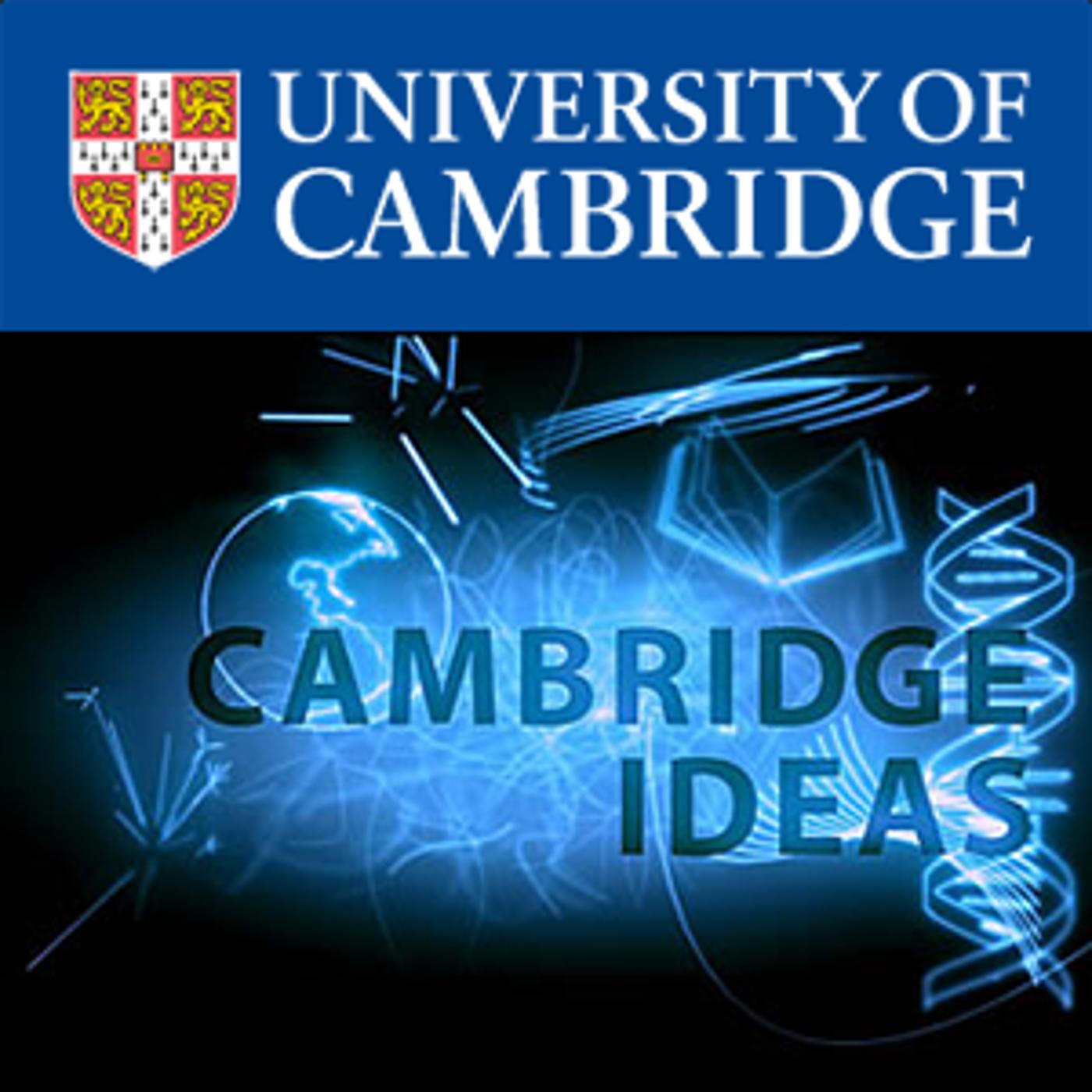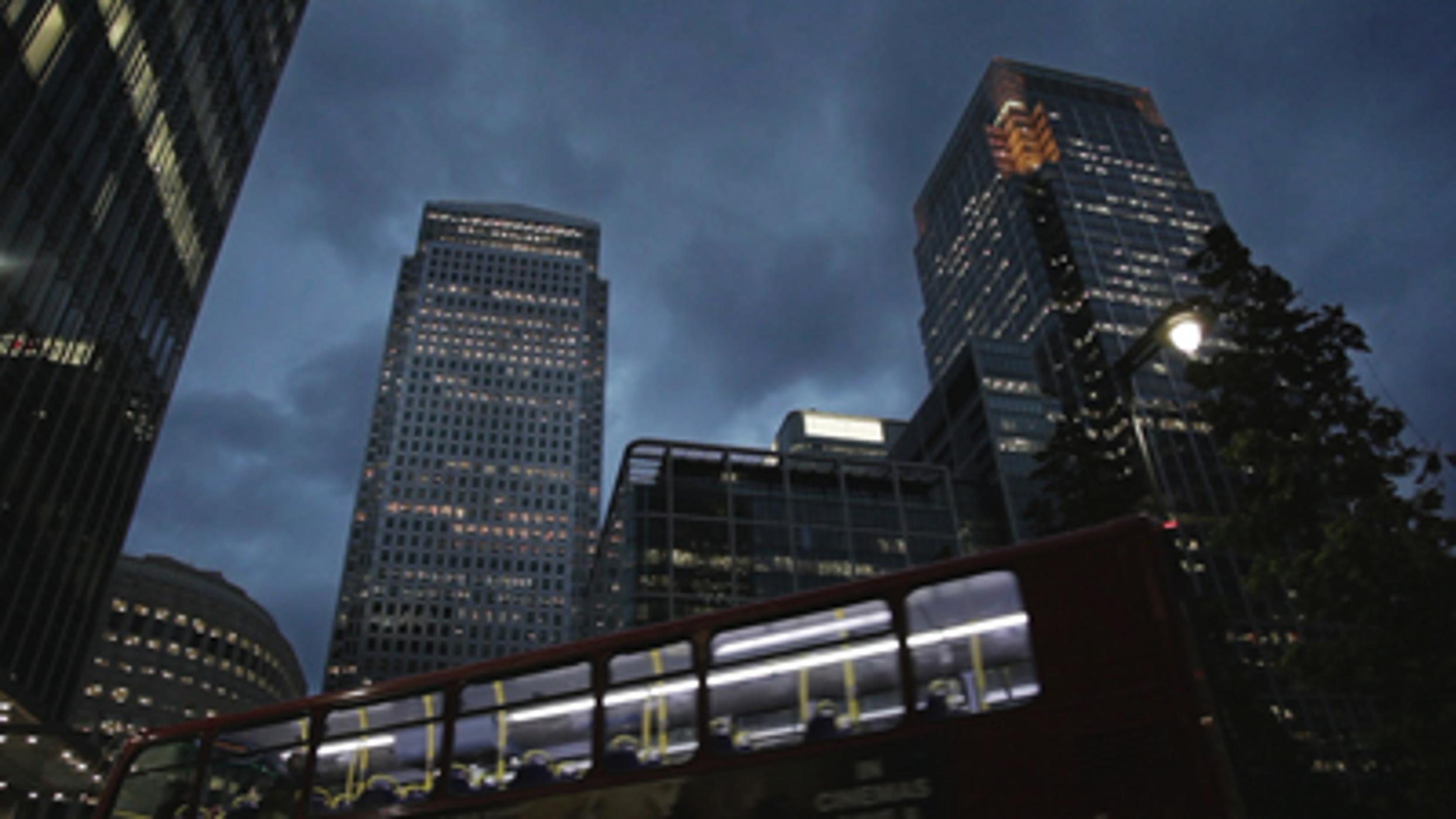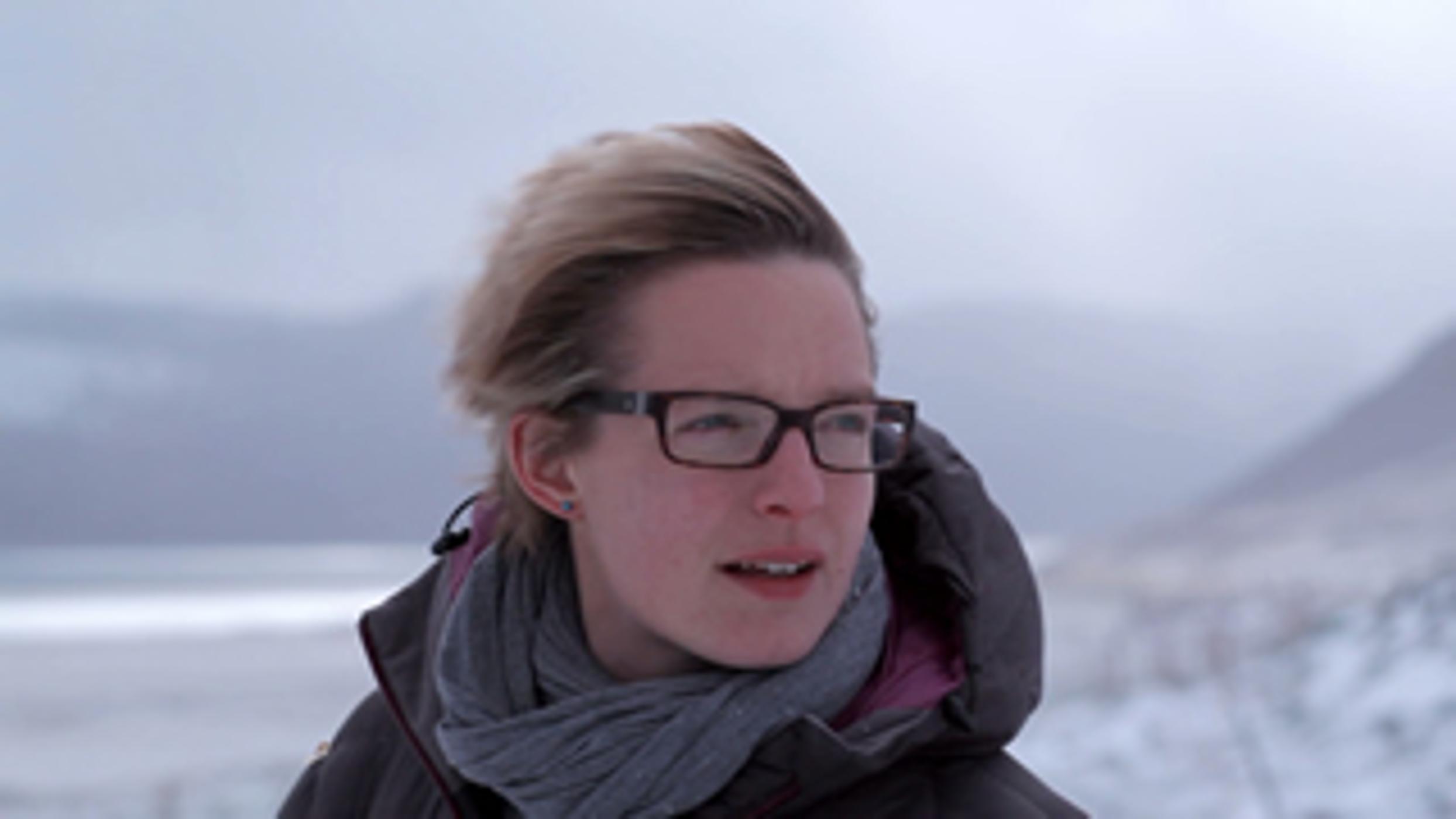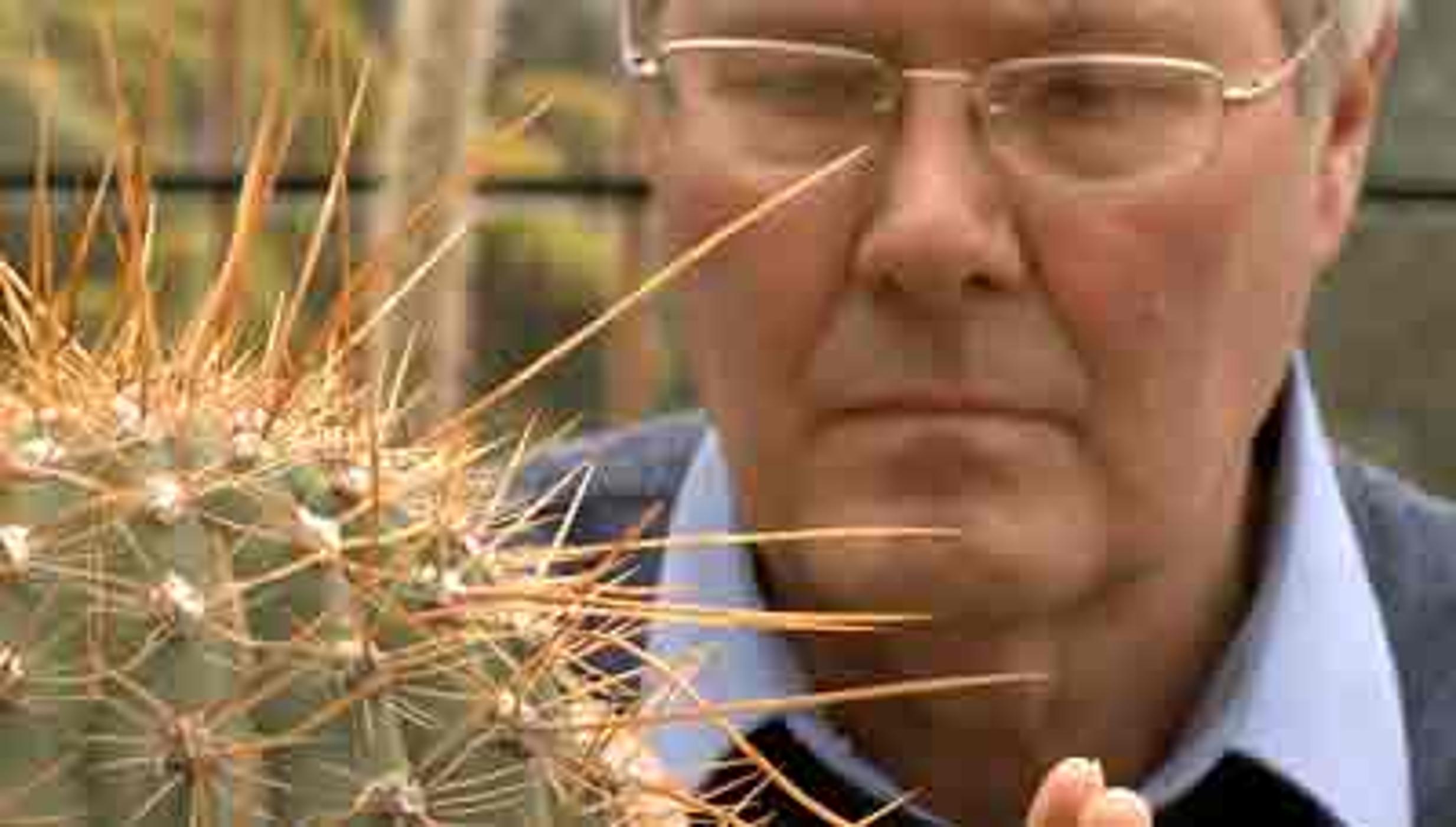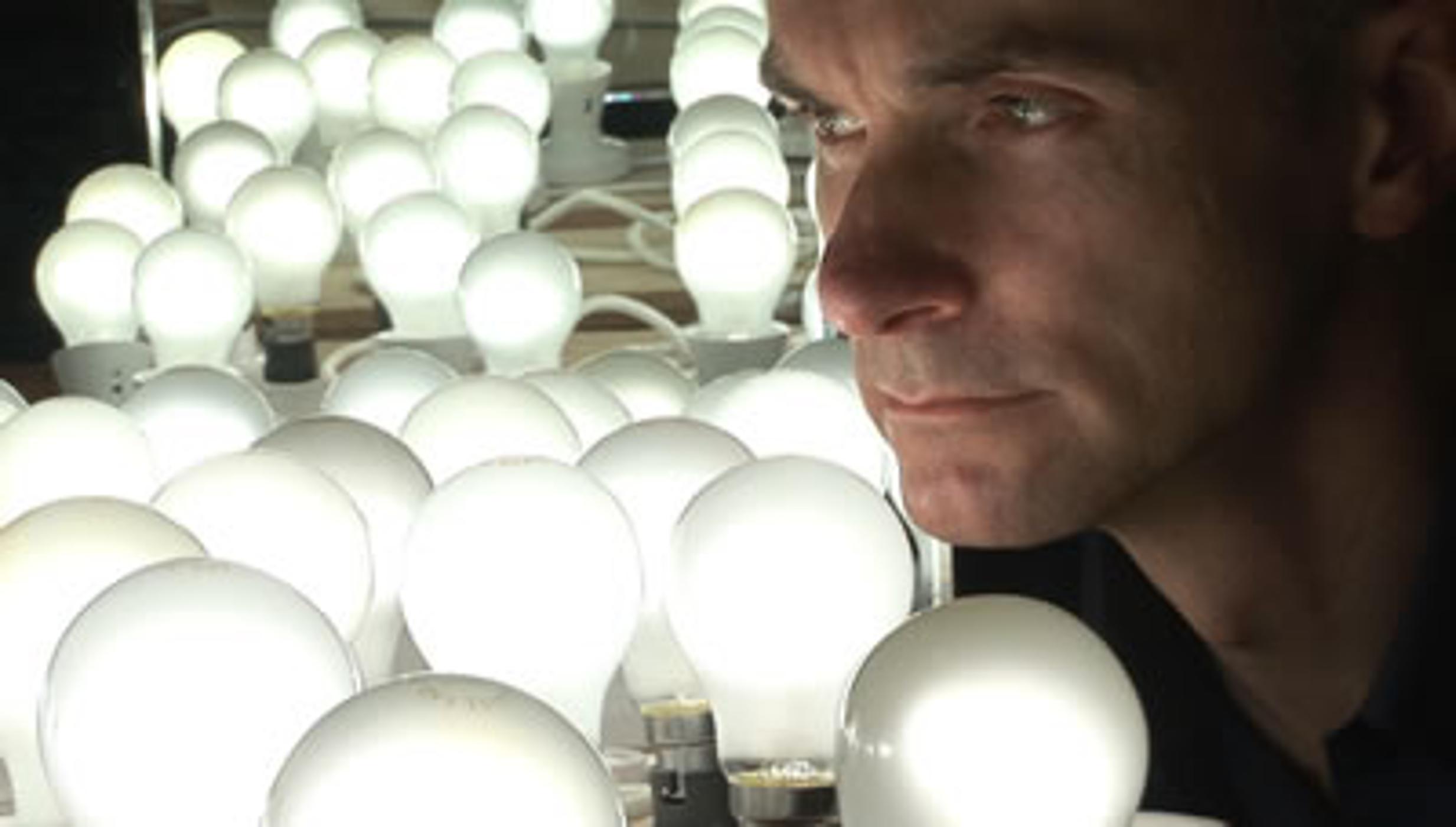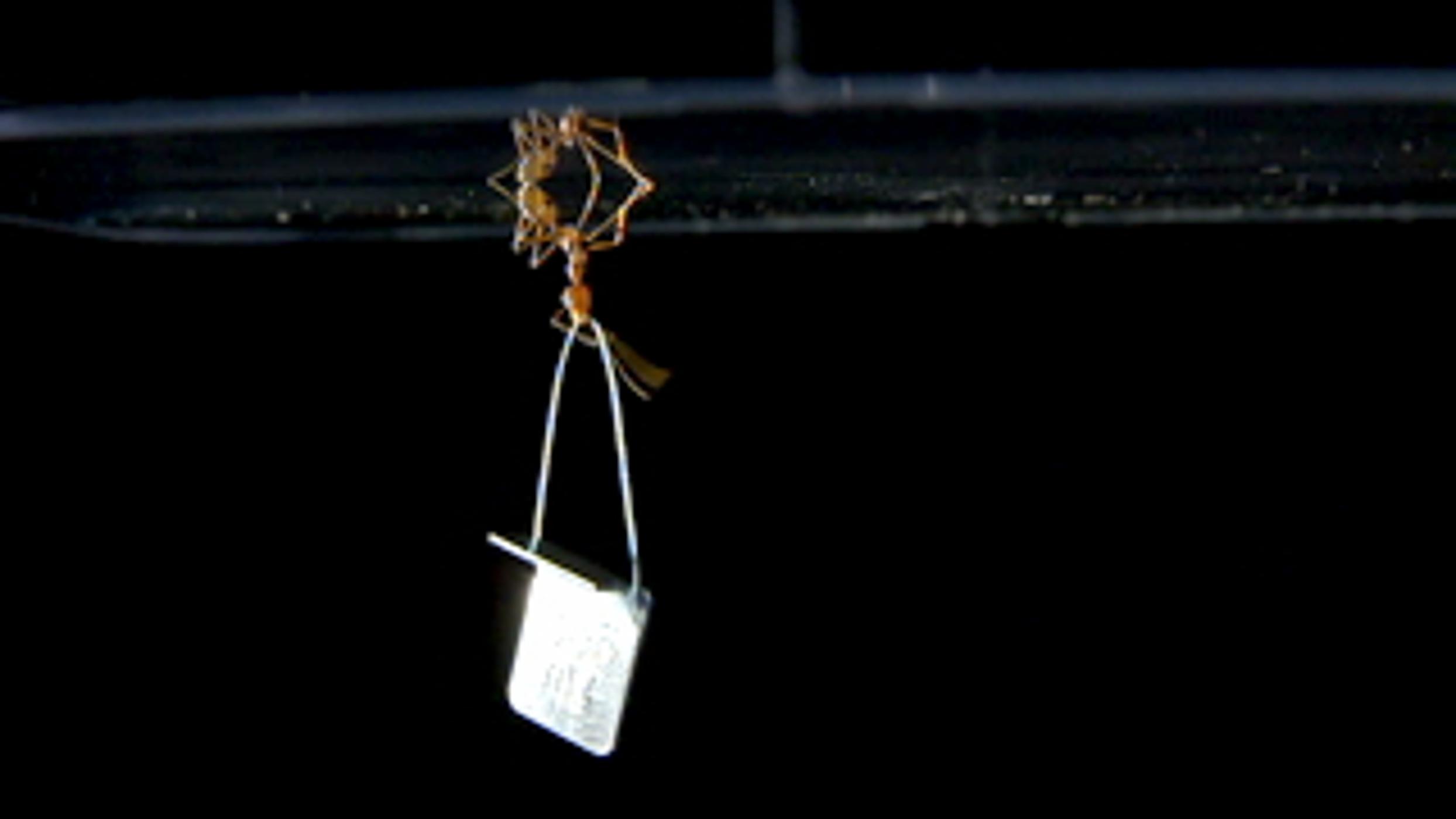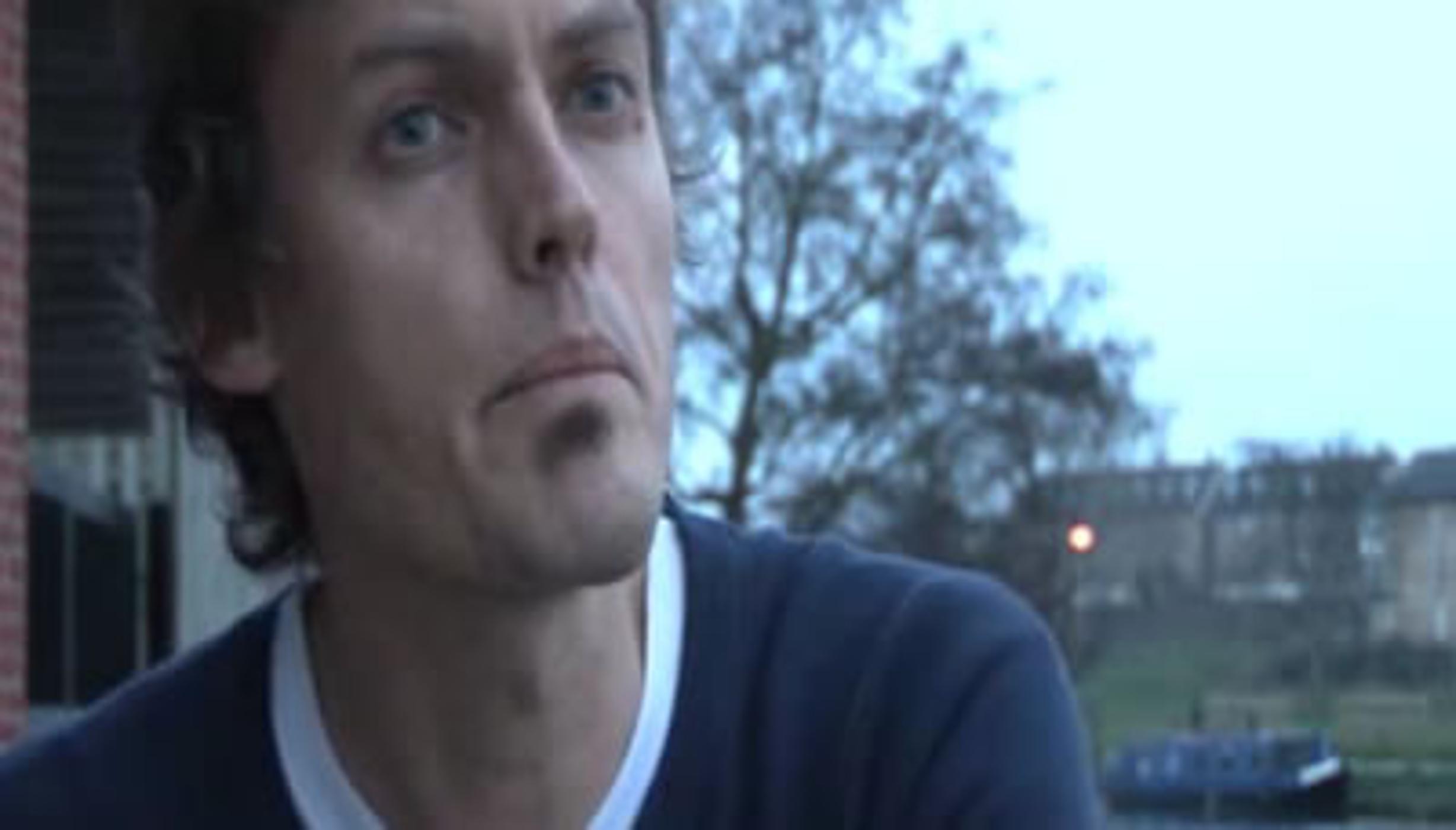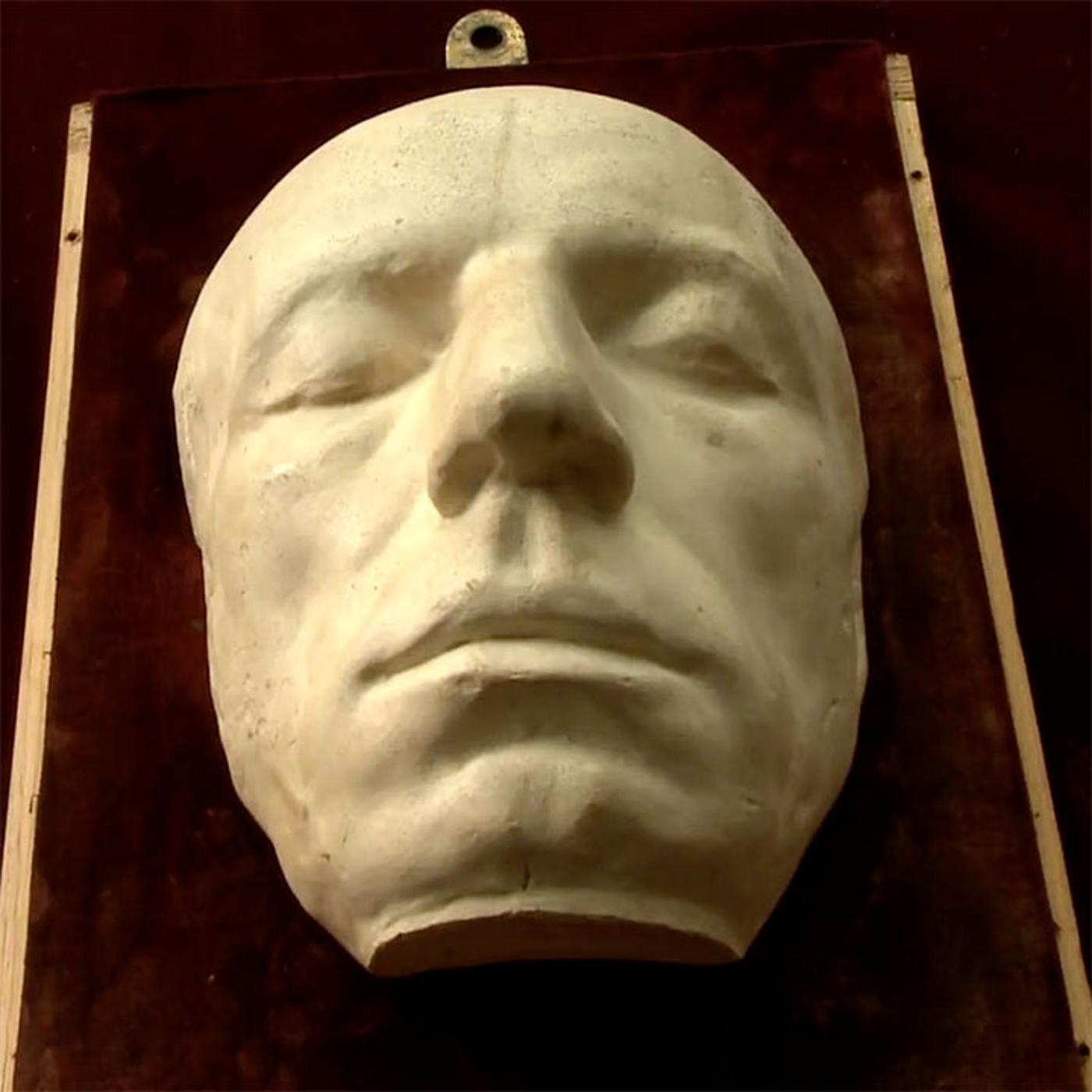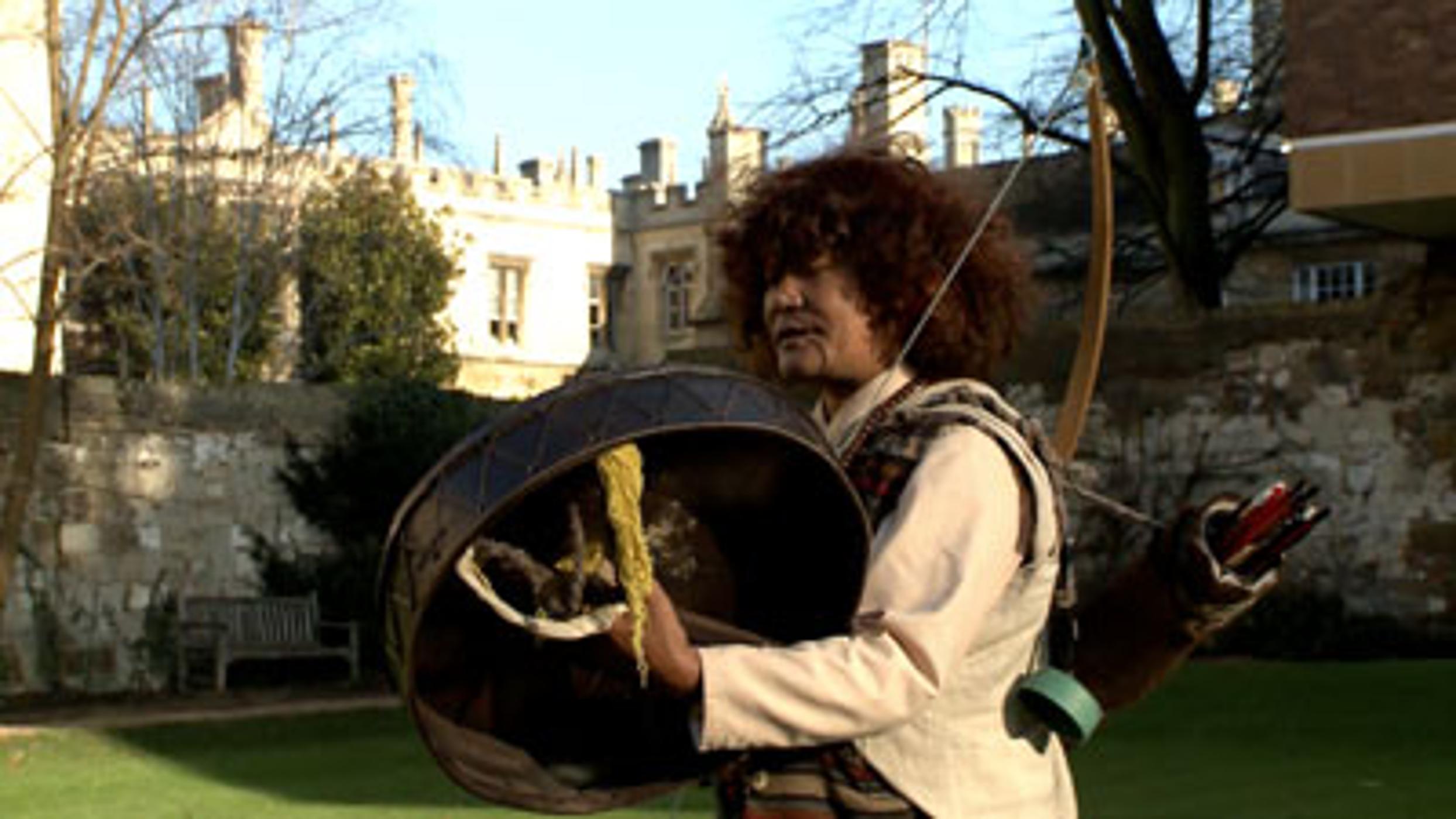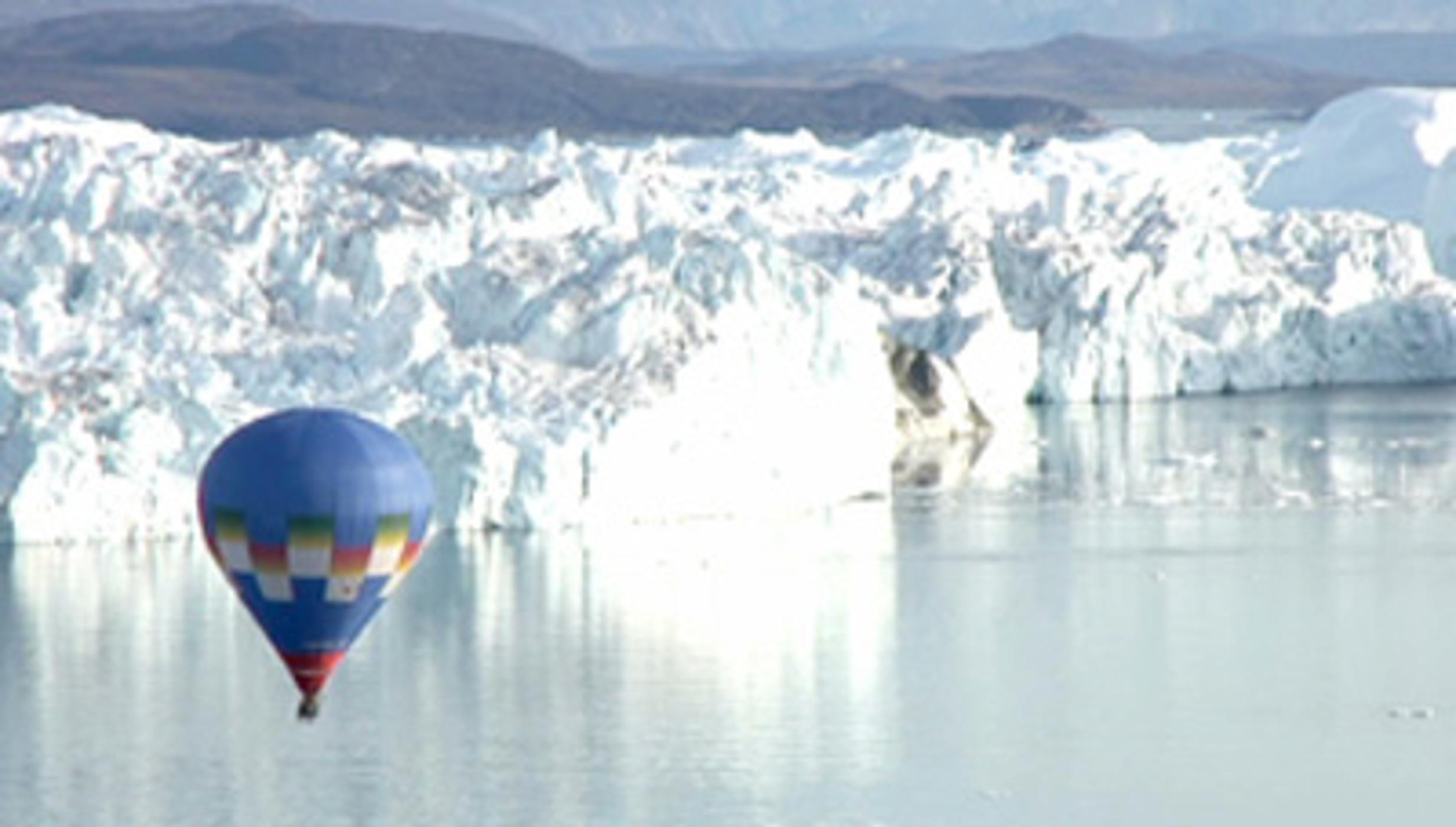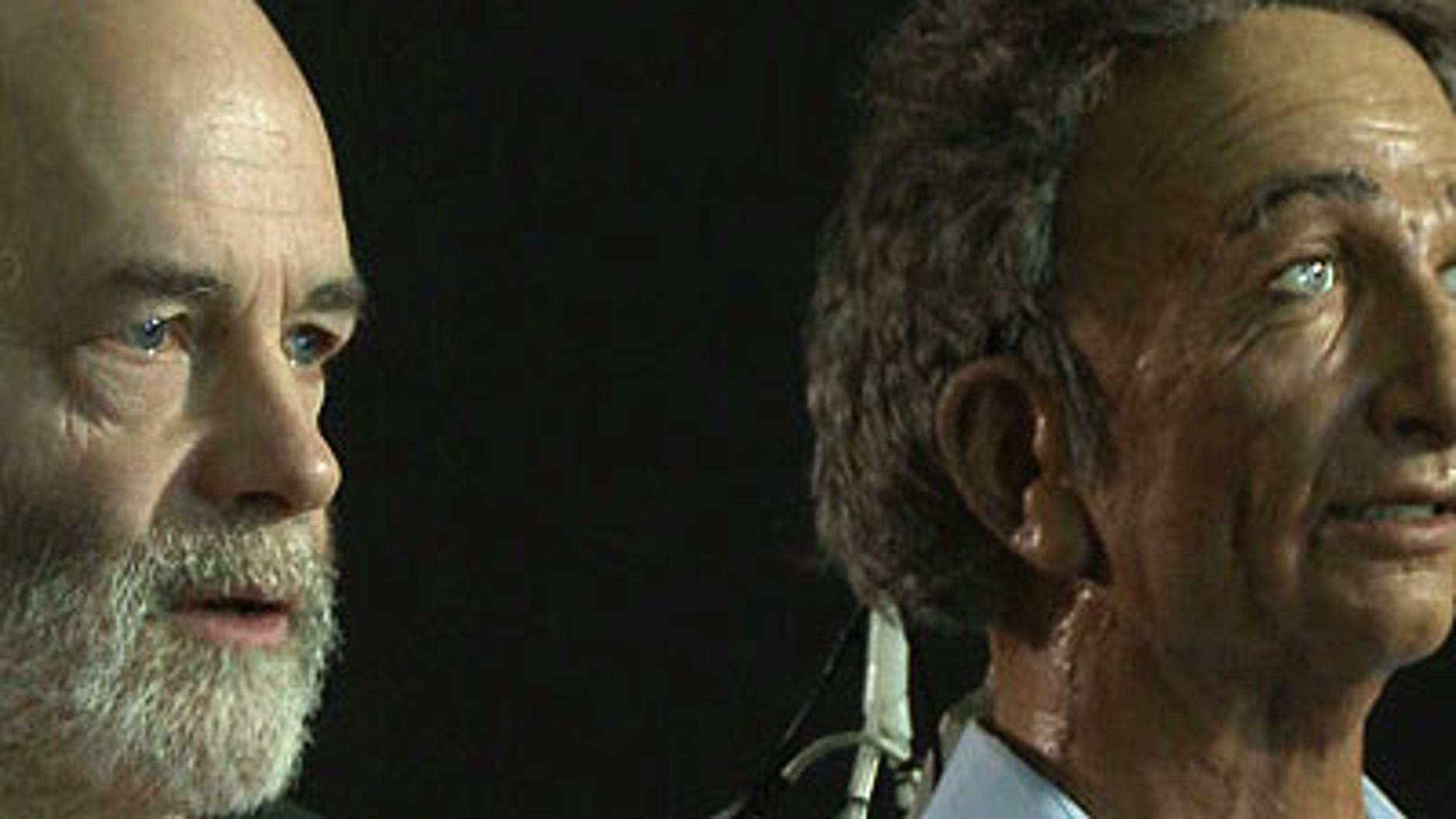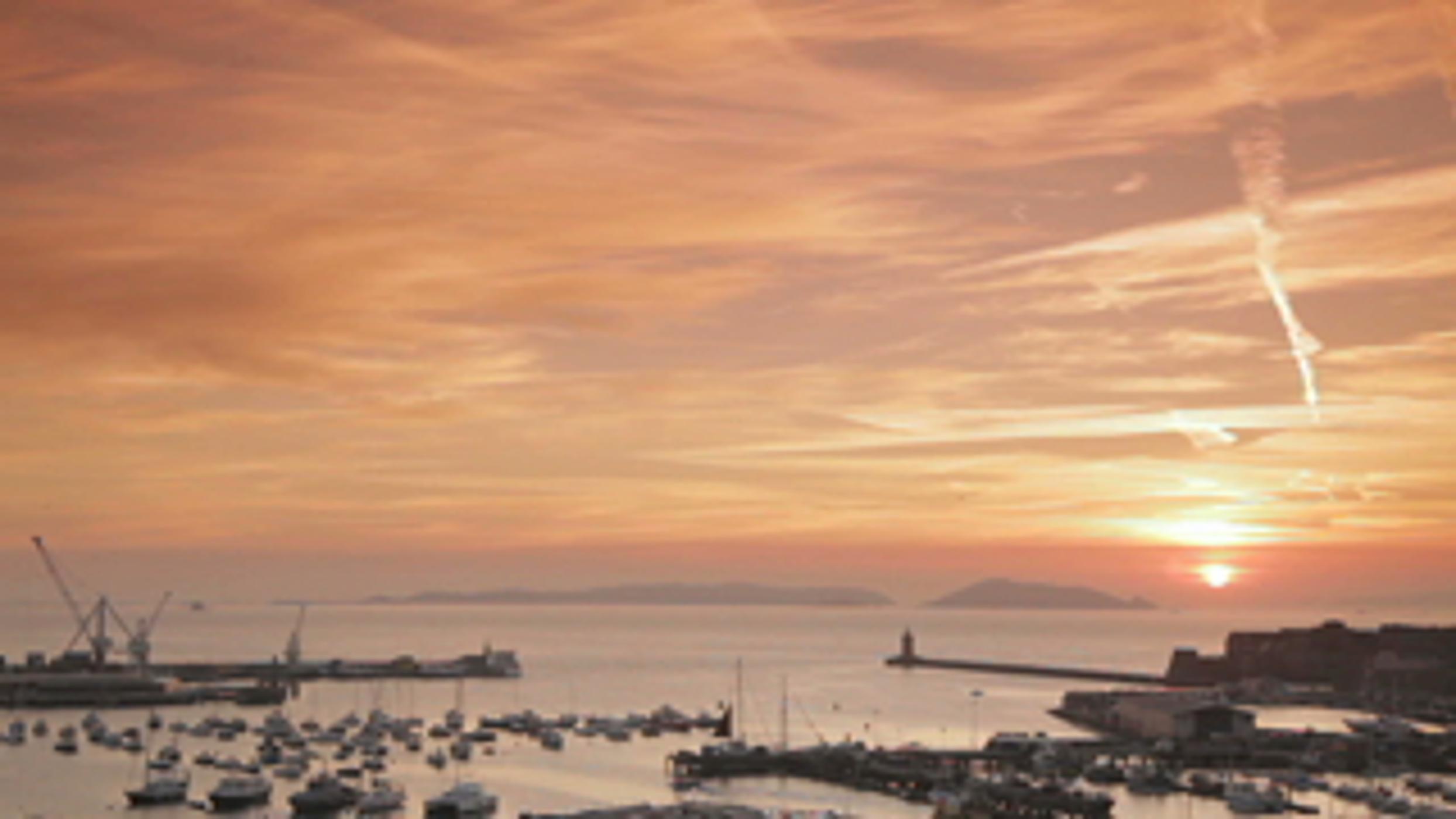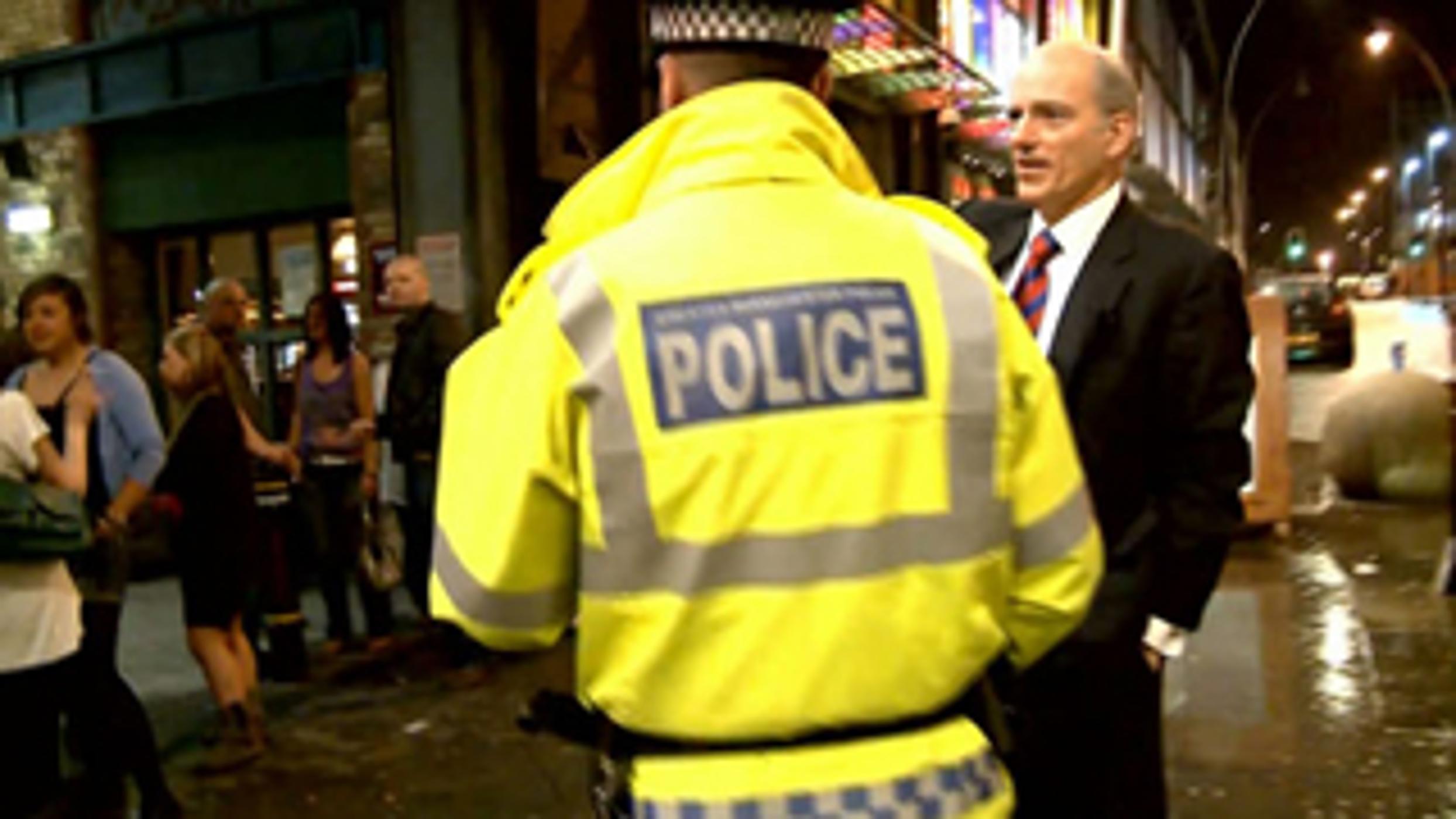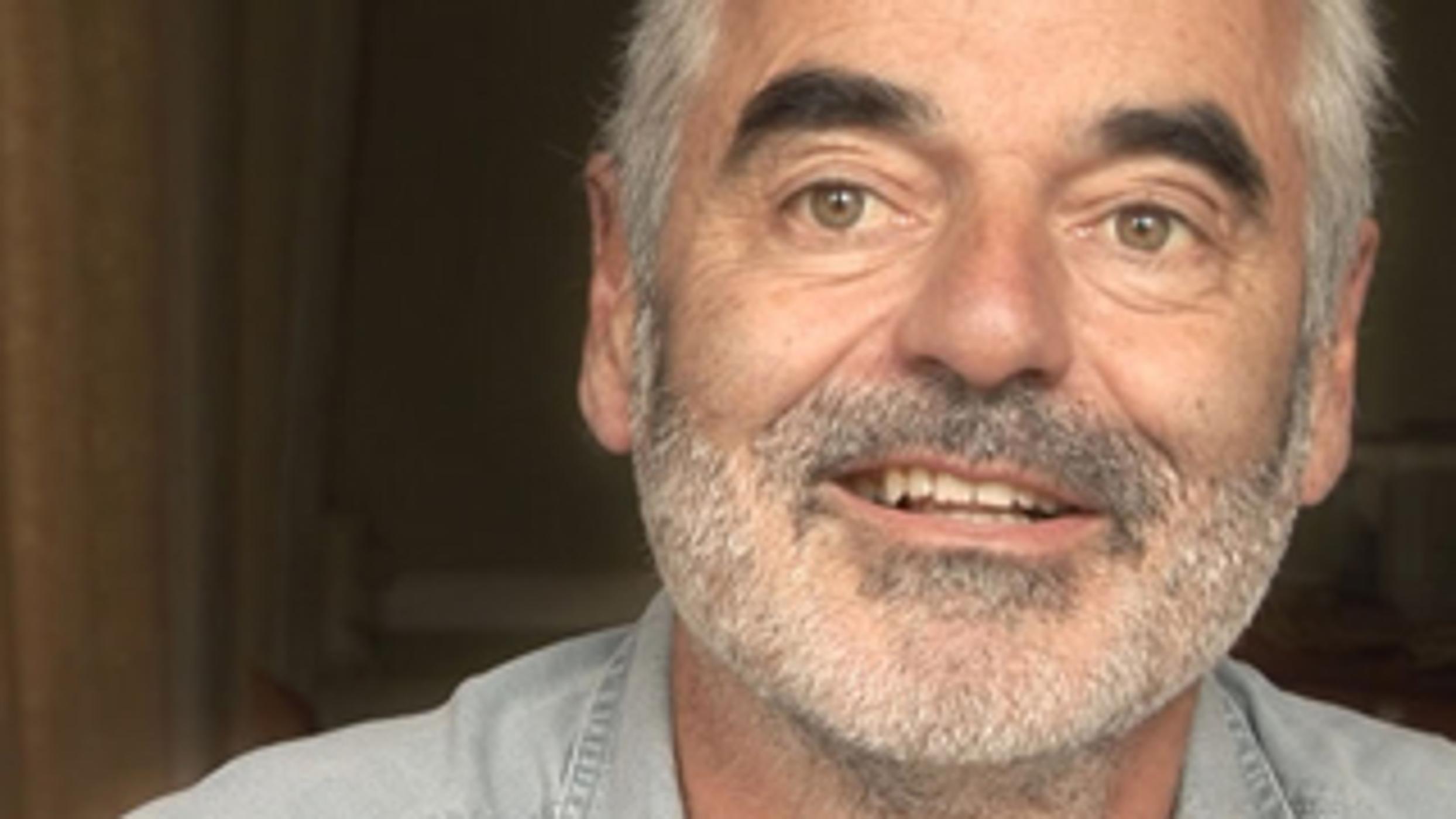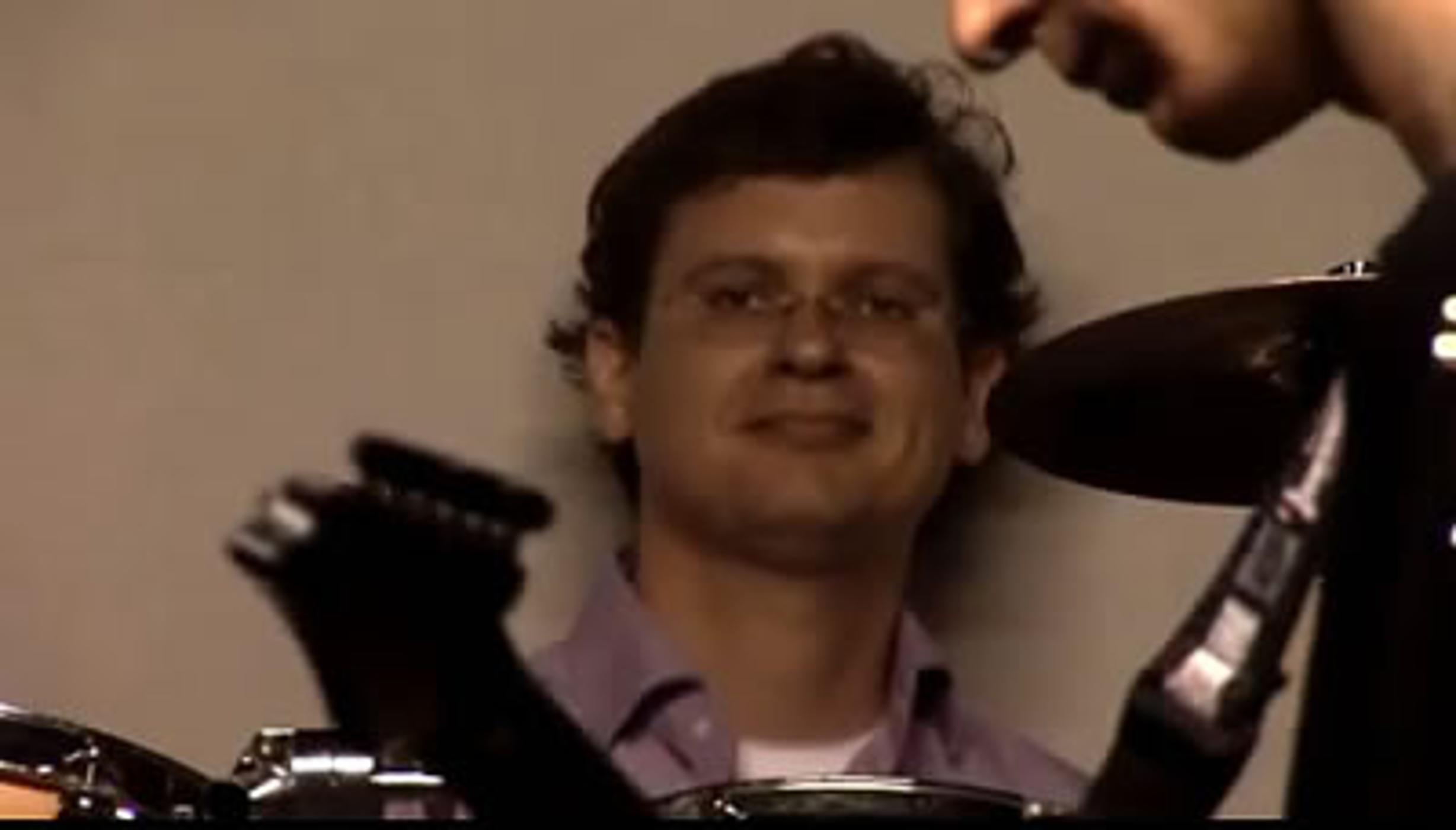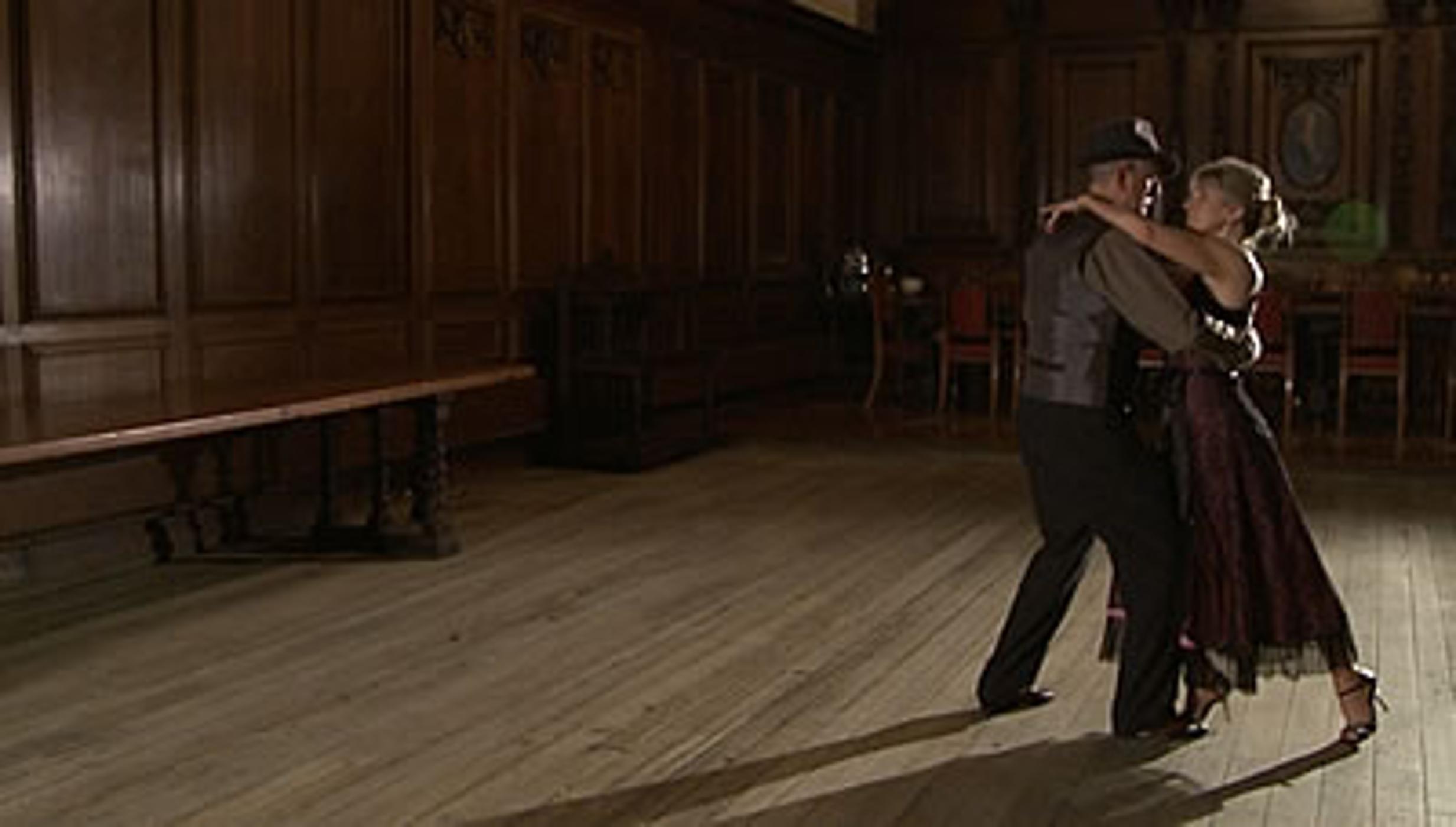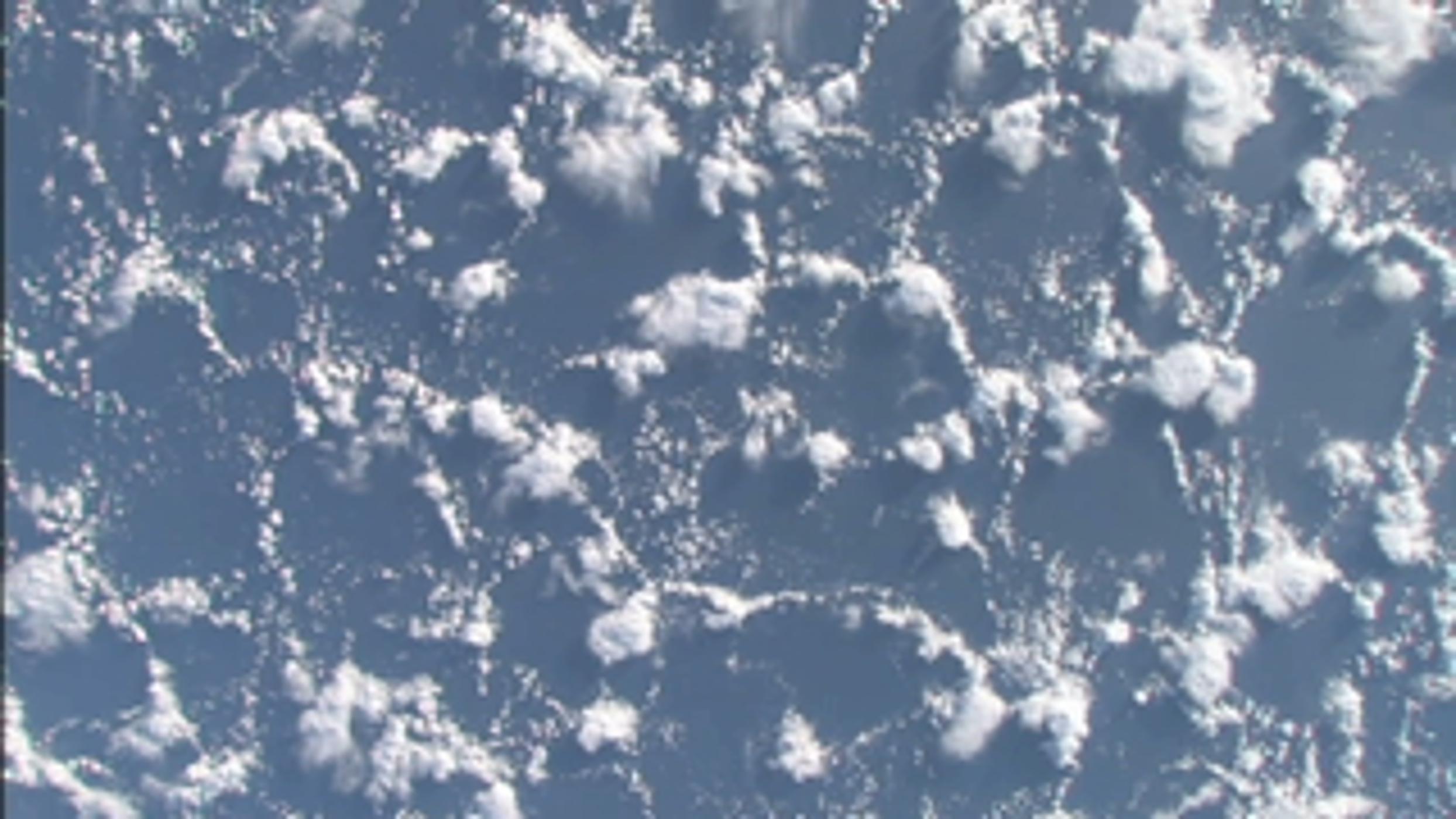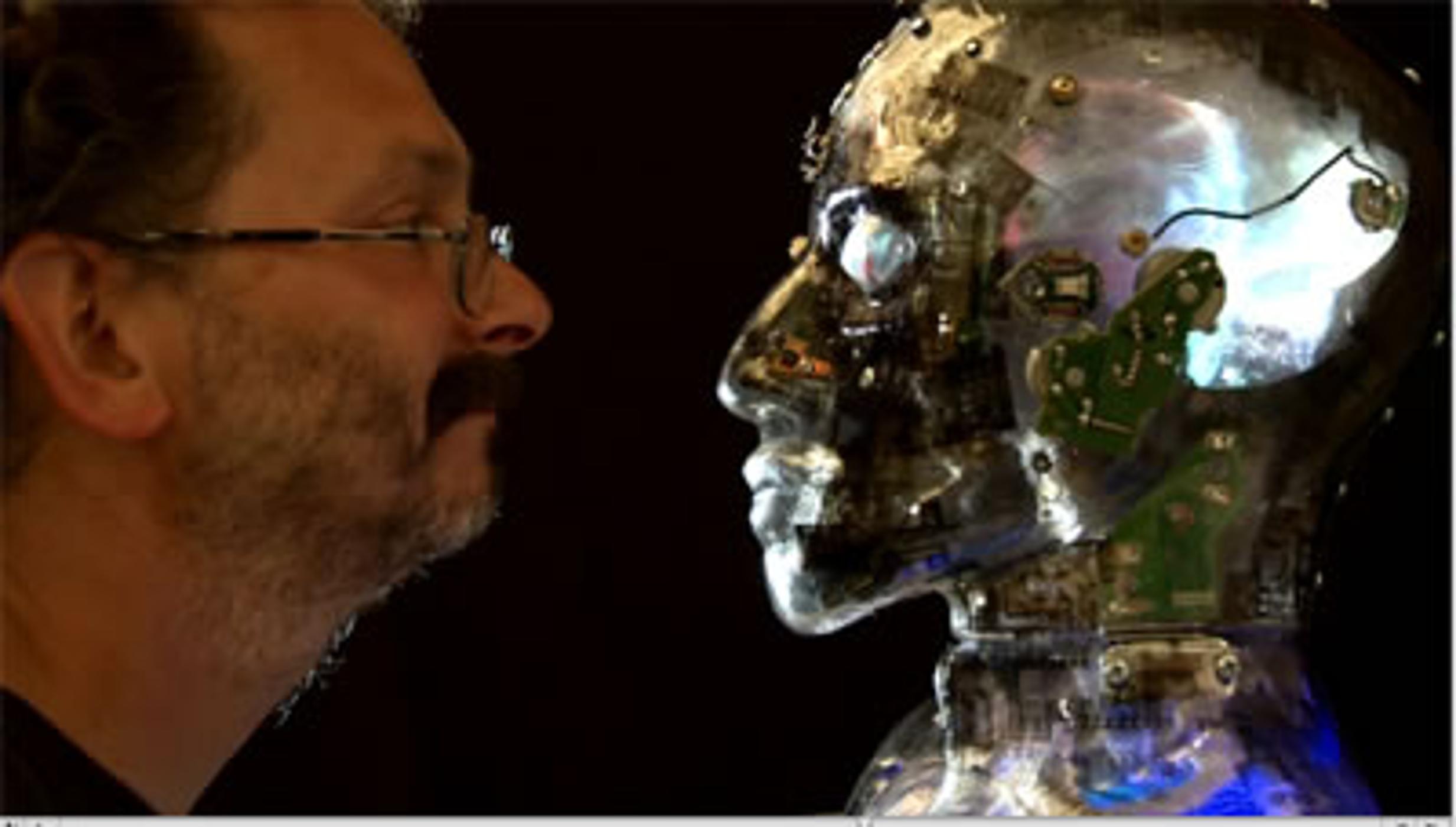Discover Cambridge Ideas
Cambridge Ideas

Cambridge Ideas
Author: Cambridge University
Subscribed: 132Played: 187Subscribe
Share
© 2014
Description
Communicating the transformative impact on society of eight centuries of brilliant academic thought. Cambridge research together with comment and opinion on national and international current affairs.
19 Episodes
Reverse
A space mission to create the largest, most-accurate, map of the Milky Way in three dimensions will revolutionise our understanding of the galaxy and the universe beyond.
On 19th December 2013, a rocket blasted into the sky from a launch site in French Guiana and travelled 1.5 million km to reach its destination in orbit around the Sun. The spacecraft is called Gaia. Its mission, funded by the European Space Agency and involving scientists from across Europe, is to make the largest, most precise, three-dimensional map of the Milky Way ever attempted.
It will be a census of a billion stars spread across our galaxy. The results, says Professor Gerry Gilmore from Cambridge's Institute of Astronomy and the Principal Investigator for UK involvement in the mission, "will revolutionise our understanding of the cosmos as never before."
http://www.gaia.ac.uk
http://sci.esa.int/gaia/
The Darwin Correspondence Project is researching Charles Darwin's letters and has so far located more than 15,000 he either sent or received. The full texts of these are being published in The Correspondence of Charles Darwin (20 vols to date, CUP 1985-), and are also going online on the Project's website with 7500 currently available to read for free (www.darwinproject.ac.uk). Around half the original letters are in the Darwin archive in Cambridge University Library where the Project is based, with the rest spread in archives and private collections around the world; more are discovered every year. The research presented here was carried out as part of the "Darwin & Gender" project.
www.darwinproject.ac.uk/
Today, we consume a truly vast amount of energy - with demand continuing to skyrocket at an alarming rate. We know that producing this energy has significant environmental impacts and emitting so much carbon dioxide into the atmosphere could cause catastrophic climate change. In this film, three academics look at wind power, carbon capture and storage (CCS) and material efficiency as examples of how we can cut our C02 emissions. They suggest that we must act now in order to avoid the serious risks of man-made global warming, one of our greatest challenges in the 21st century.
Dr Emily Lethbridge, a Cambridge University academic, is exploring the centuries-old Sagas of Icelanders (Íslendingasögur) during a unique year-long research trip. Emily is discovering that the sagas are closely intertwined with the landscapes and the people who live there. The sagas were copied in manuscripts in Iceland from the medieval period until the early 20th century, and the stories were passed down from one generation to another over many hundreds of years.
For more info visit:
For more info visit
www.sagasteads.blogspot.com
Are plants as defenceless as they appear? See the world how the plants do, as Professor John Parker, explores how plants – the ‘great scientists of the animal kingdom’ – have evolved strategies to defend themselves against herbivores.
The latest video from the University of Cambridge shows how plants use hairs, spikes and chemicals to improve their survival and reproduction by reducing the impact of herbivores.
Cambridge University physicist, David Mackay, in a passionate, personal analysis of the energy crisis in the UK, in which he comes to some surprising conclusions about the way forward. The film is based on his new book Sustainable Energy without the hot air, in which Prof Mackay has calculated the numbers involved for the alternatives to fossil fuels like coal, gas and oil.
He debunks some myths about energy saving - unplugging our phone chargers, does not make any appreciable difference. After showing us what won't work - he goes on to show what will make a difference at home, like turning your thermostat down.
But, his big point is that this will not be enough - individual efforts are not enough. Instead we need to make sweeping national changes to our energy production, and we can't reject everything available to us. If we are going to follow the advice of climate scientists, and get off fossil fuels by 2050, which currently provide 90% of our energy, Britain's main options are wind power and nuclear power. But to make this huge change in our power supply, Mackay says that we have to get building now!
For more information go to David Mackays website
www.withouthotair.com
Ants have incredibly sticky feet. With them they can hang onto ceilings, while carrying 100 times their body weight. But if they are stuck down so successfully - how do they ever get them unstuck?? Chris Clemente is studying the mechanisms that ants and other insects (especially cockroaches) use to stick and unstick, and also to walk down as well as up walls. He also considers the applications that this might one day have to develop a 'supersuper glue' and to improve the movement of robots.
Striving for, and achieving, high performance in teams has become a major business imperative. Drawing on two years of ethnographic research with the Cambridge University Boat Club, this film examines the causes of team failure and success. The mix of differing personalities, skills, motivations, career aspirations, and leadership styles as well as the complexities of the task means that building and shaping high performance teams is fraught with difficulty.
A journey into Wordsworth's mind and the process of creation. We know about the experiments that have led to great scientific discoveries is widely recognised. But how much do we understand about the same processes in the arts? When the poet William Wordsworth died in 1850, few if none of the thousands of lines of poetry he left had escaped constant revision and alteration, and many of his most famous poems were never published. Cambridge researcher Ruth Abbott draws on the notebooks in which he left them to investigate the creative processes, attempts, and failures that go up to make great works of art.
Of the world's 6,500 living languages, half will cease to be spoken by the end of this century. Dr Mark Turin, director of the World Oral Literature Project, has spent much of his life travelling to remote corners of the Himalayas to study languages and cultures that are at risk and document them before they disappear without record.
Cambridge University glaciologist Professor Julian Dowdeswell has spent three years of his life in the polar regions.
As Director of the Scott Polar Research Institute at the University of Cambridge, this film follows him to Greenland and the Antarctic as his research reveals the challenges we all face from climate change.
Can computers understand emotions? Can computers express emotions? Can they feel emotions? The latest video from the University of Cambridge shows how emotions can be used to improve interaction between humans and computers.
A Cambridge University archaeologist, along with two other researchers in Guernsey, has uncovered a previously unseen archive featuring the testimonies of people who were deported to German prison camps during World War II. The project they are working on aims to document the history of protest and resistance in the Channel Islands. She described the collection as: "the single most important resistance archive ever to emerge from the Channel Islands."
Eminent criminologist Prof Lawrence Sherman has just set up a long term experiment with the police, to scientifically study crime in Manchester and come up with some solutions. This experiment will study crime hot spots and try out a technique Prof Sherman has developed in USA to lessen crime throughout the city by changing policing at these locations. This is the first time such a systematic experiment on city crime has been mounted in the UK.
David Spiegelhalter's proper title is Professor of the Public Understanding of Risk. He is in two minds (literally) about playing it safe or chucking caution to the wind. Decisions, decisions!? Are bacon sandwiches really that dangerous and is it wise to drive when you love cycling? David shows us how to use statistics to face up to life's major risks.
Dr Jason Rentfrow, from the University's Department of Social and Developmental Psychology, explores the links between personality and musical taste.
Professor Nicky Clayton researches the social behaviour, intelligence and dance credentials of birds! As an accomplished dancer in her own right she has fused her passions by collaborating with Rambert Dance Company to produce a Darwinian inspired ballet called The Comedy of Change.
Rotifers are tiny animals that survive against all the odds. They are also known for not having had sex for 80 million years.
We follow Dr Alan Tunnacliffe, award-winning Cambridge researcher at the Institute of Biotechnology, as he tests their super-powers by draining 90% of the water in their microscopic bodies, heats them to boiling point and freezes them in liquid nitrogen.
Still they thrive! Well discover how these extraordinary animals are able to survive under conditions deadly to most life and what this teaches us about how life might travel through space and potentially how it could have arrived on Earth. More immediately, well see how Alans team are poised to revolutionise medicine by bringing the tough tricks of the Rotifers to human cells and medicines.
Dr John Robb is an archaeologist and has been studying how people have understood the human body over the last 10,000 years.
“It may seem surprising to think the human body has a history. We take it for granted it’s a material thing, it’s just there”
Over time his research shows the body has been seen and portrayed in different ways: the body as an animal, a sexualised body, the body politicised, God’s body, the body as a machine and as a simultaneous mixture of the above.
Comments
Top Podcasts
The Best New Comedy Podcast Right Now – June 2024The Best News Podcast Right Now – June 2024The Best New Business Podcast Right Now – June 2024The Best New Sports Podcast Right Now – June 2024The Best New True Crime Podcast Right Now – June 2024The Best New Joe Rogan Experience Podcast Right Now – June 20The Best New Dan Bongino Show Podcast Right Now – June 20The Best New Mark Levin Podcast – June 2024
 United States
United States

